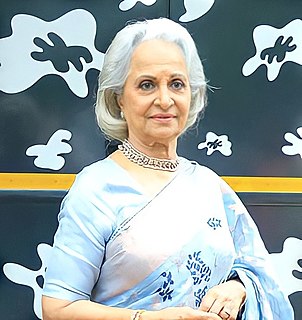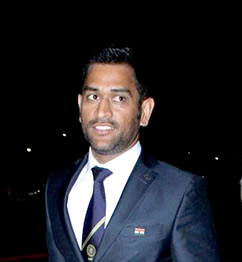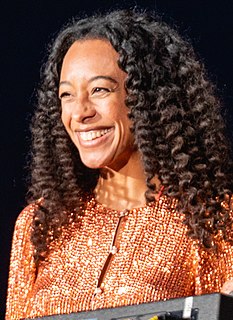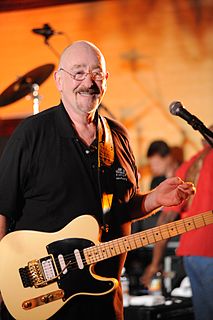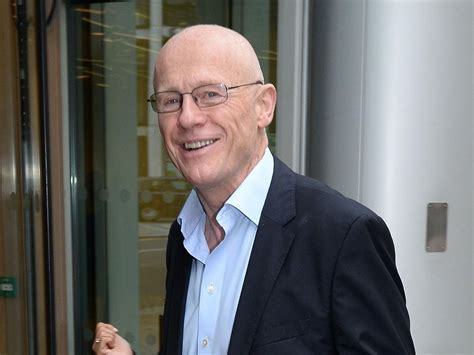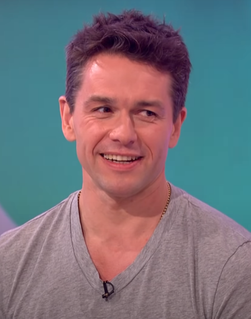A Quote by Mark Haddon
There was a time in my life when I was going in and out of houses that were extraordinarily different - from a working-class terrace in Northampton to the homes of friends who were really very wealthy. It was quite an odd position to be in, I realise looking back, and quite a nice one.
Related Quotes
The weird thing was that I went to Trump rallies thinking I was going to run into militant, right wing, racist people and mostly I didn't. That should have been a clue to me. The people I talked to were not, on the surface level, crazy. They were quite nice, quite normal, employed, and actually were wealthier than the press at that time would have led us to believe. At that time, the narrative was that these were all working poor but these were not working poor. That should've been a clue to me that this was a little bigger than I thought.
It's quite interesting, looking back at the first one [film about Harry Potter], nobody knew whether or not it was going to be successful as a film. The books were of course already very successful, but that's happened before, where the books were successful and the films weren't at all. But it turned out that they were.
It's time for the wealthy to pay their fair share before the middle class becomes the forgotten class.- And it's time for the banks to give back what they were given. There are those in politics, particularly those on the conservative side, who can't get enough of telling people that the wealthy one per cent must not be taxed because doing so kills jobs. The real job-killers are corporate greed and political expediency. It's time for working people in Maine and all across the country to take back the American dream.
Getting up quite late in the morning, going and trying to clean my bikes - I have quite a few of them in Ranchi - spending some time with my family, my parents and friends. Going out for rides with my friends and having lunch or dinner at a roadside hotel - that's my favourite time-pass. These are the sort of things that really excite me.
I feel like it's me singing back to myself as a younger person and saying have confidence in being a bit different. I really felt I didn't fit in. My dad was from the Caribbean, my mum was English, we lived in quite a white area but we were quite poor, but also quite brainy, and I was a really, really skinny child so I felt a bit awkward about all these things.
It was the first time I was looking, really, right after the storm, that I saw maybe the amount of devastation that had happened in the Lower Ninth Ward. Where my friends lived, which was about six blocks from where the industrial canal was, houses was smashed into houses, and there were, like, four houses smashed together.



